
For Minimum Decency, a Maximum Wage
Amid rising inequality, a new book argues, the notion of capping income has suddenly become politically plausible.

Amid rising inequality, a new book argues, the notion of capping income has suddenly become politically plausible.
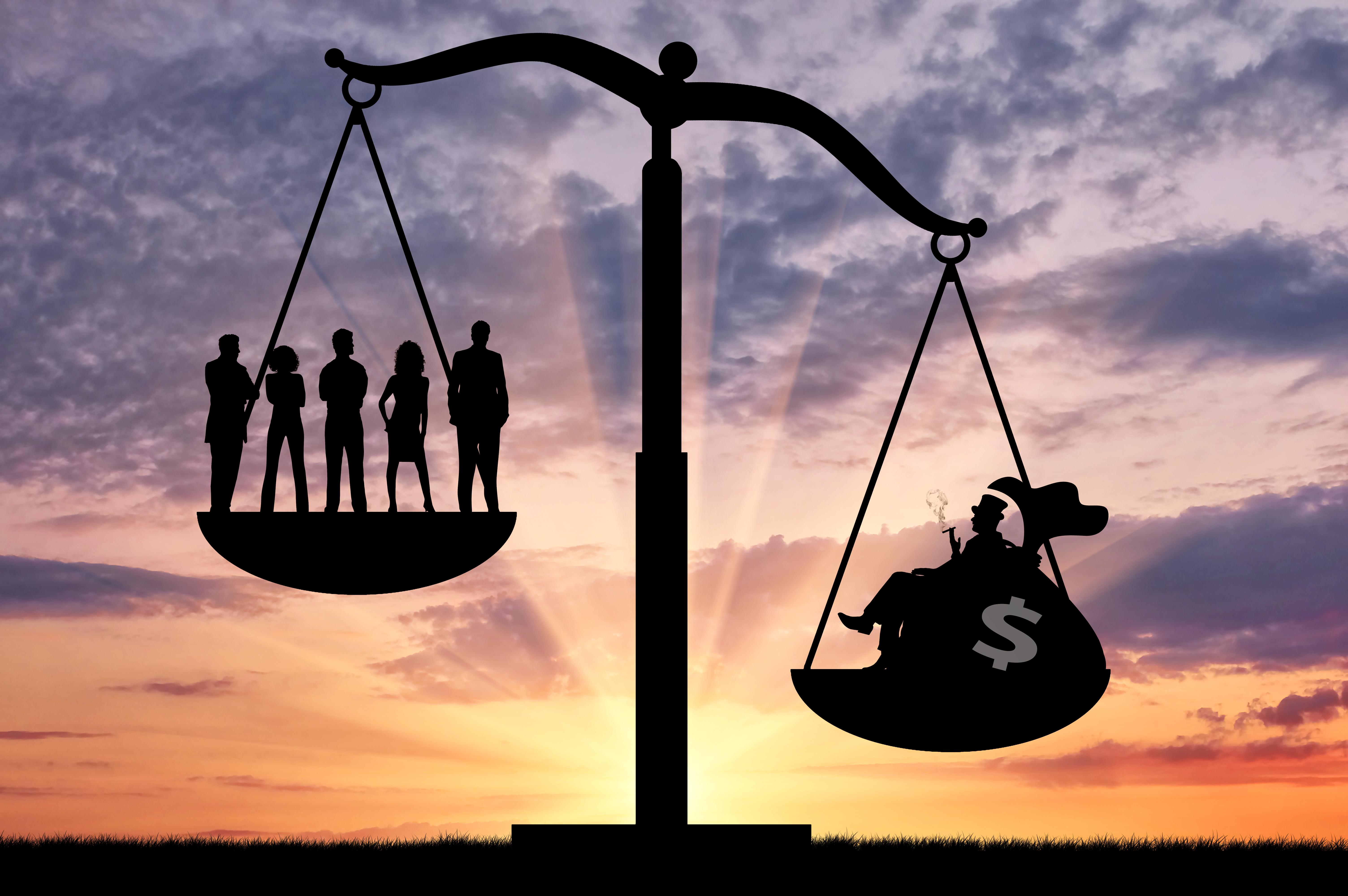
They say the fight for a more equitable society isn’t worth the trouble.
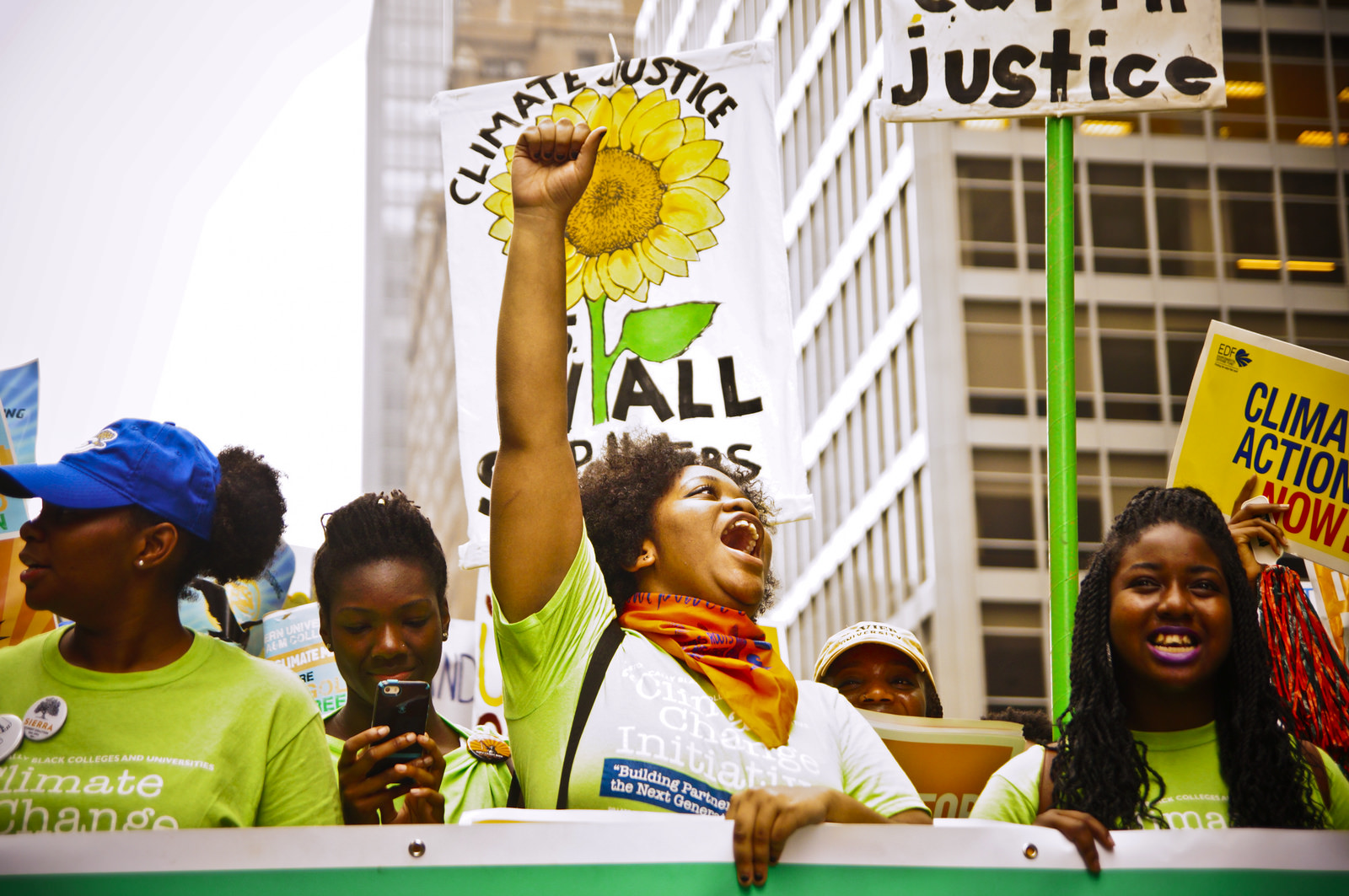
Black community organizing is at the root of the people and planet first agenda, just take a look at the Vision for Black Lives.
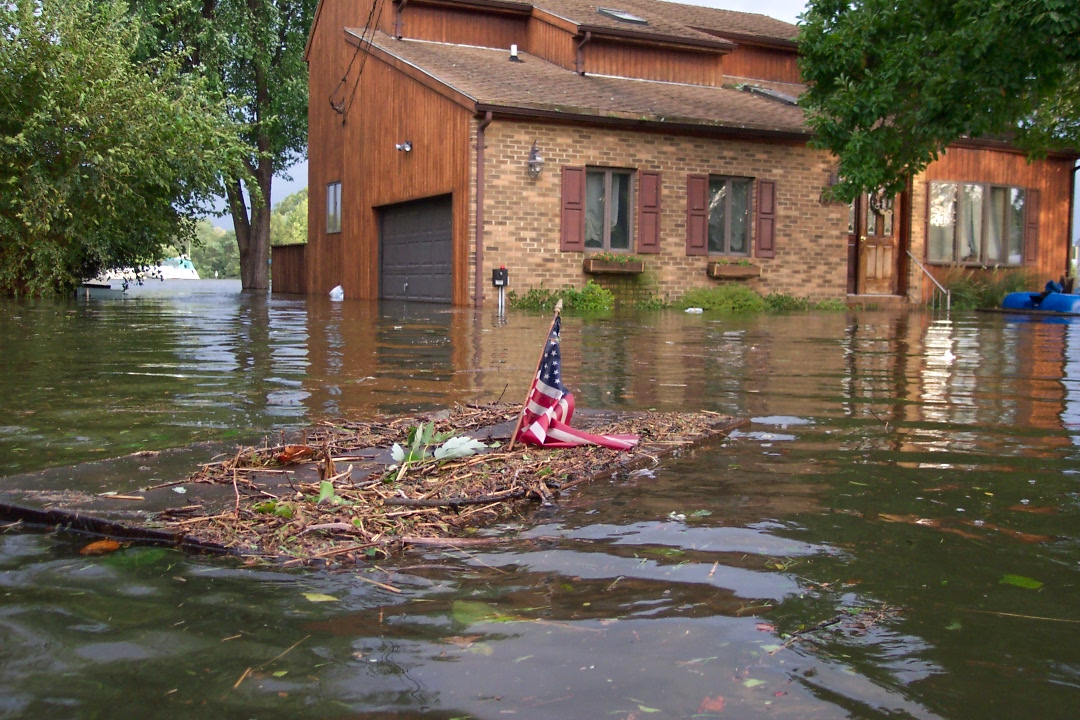
A carbon fee and dividend could slow climate change and help Maryland families get by.
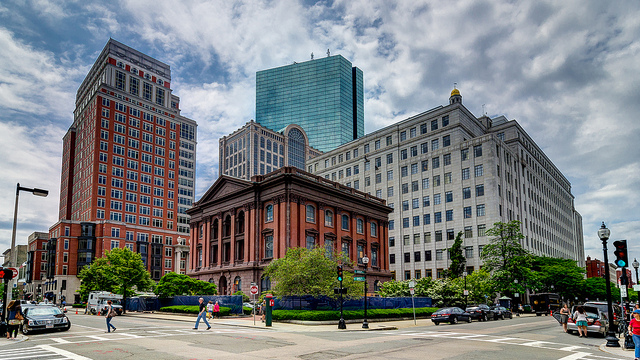
Organizers and entrepreneurs are stitching together a network of real-life businesses that put sustainability, democracy, and justice first.
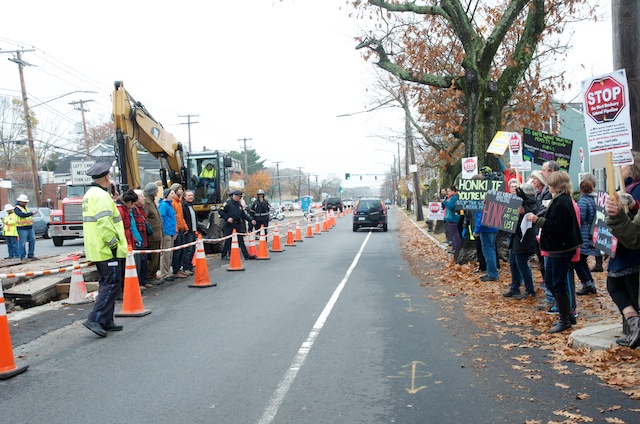
In order to achieve climate justice, we must use both resistance to interrupt and prevent encroachment by a politically powerful fossil fuel industry and resilience to build new skills and institutions for sustainable communities.
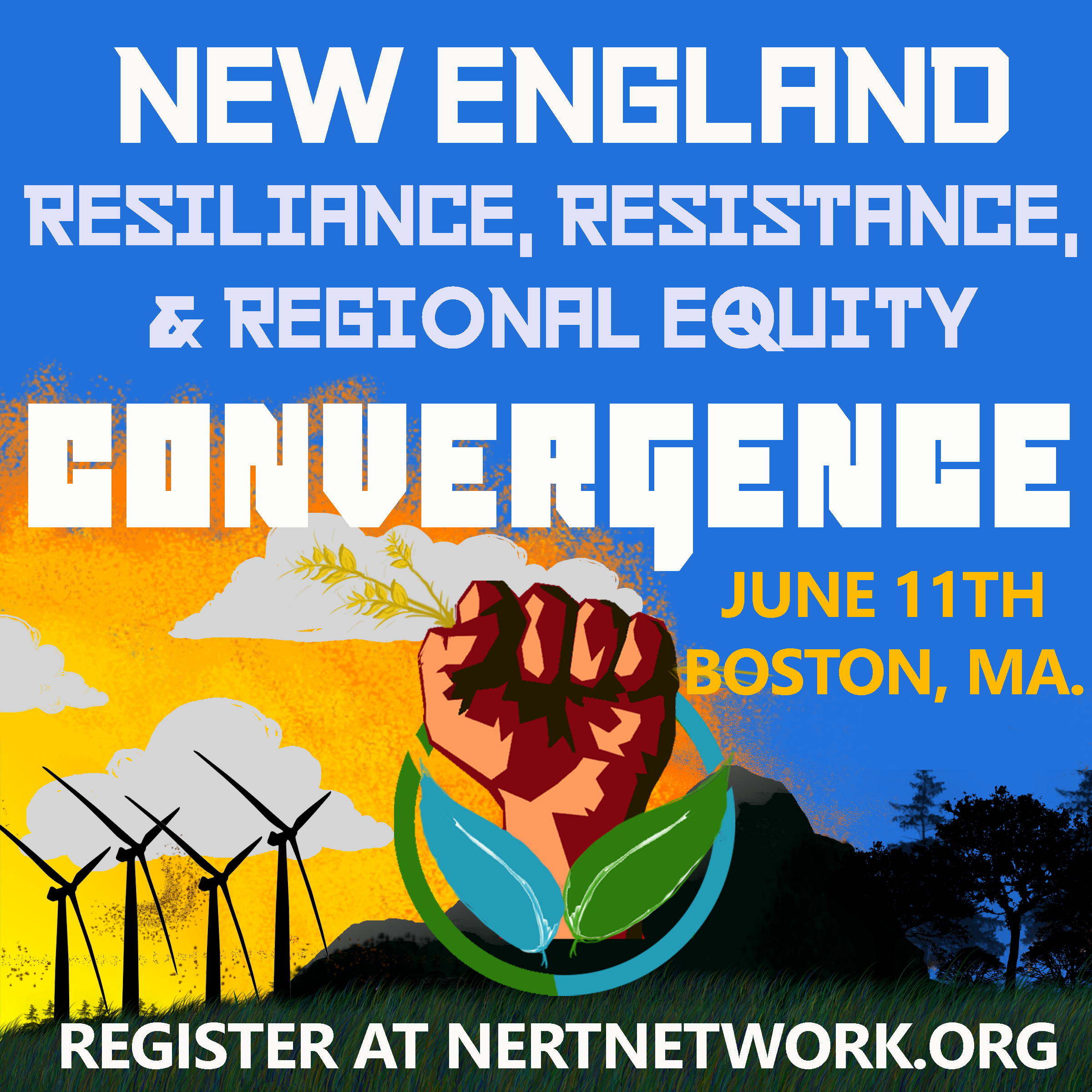
Join IPS’s JPNET project and other grassroots activists working to build a more equitable world in New England.

Join IPS experts and allies in discussing transformative solutions to combat social and economic inequality.

IPS’s David Hart will speak from a new economy perspective about “building sustainable communities through the sharing economy.”
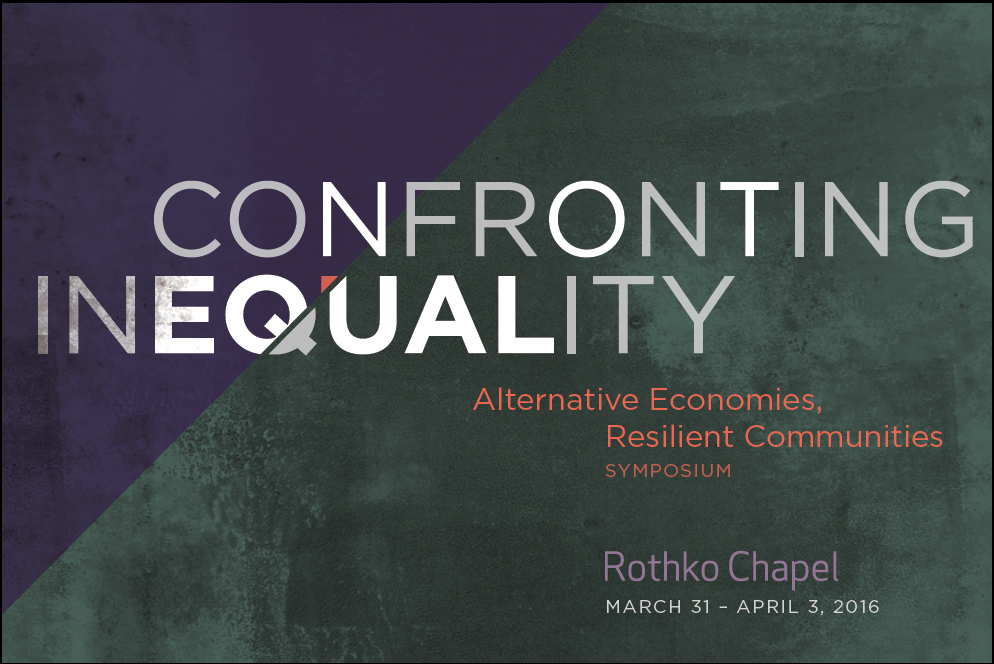
IPS’s Janet Redman is a featured panelist in THE RISE OF THE GREEN ECONOMY: Environmental Sustainability, Development, and Equity.
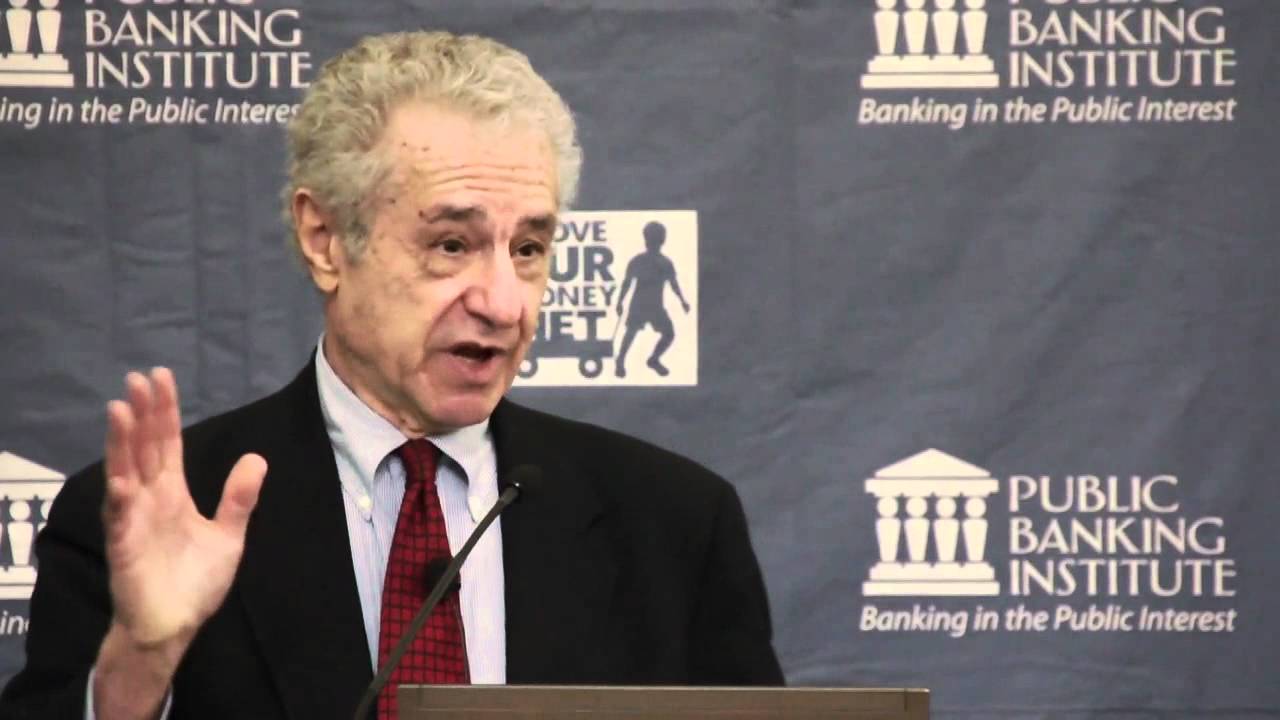
Veteran analyst Gar Alperovitz is helping America see how we can create wealth without creating a super wealthy.

Three visionary thinkers offer their ideas for a more just and equitable economic future.
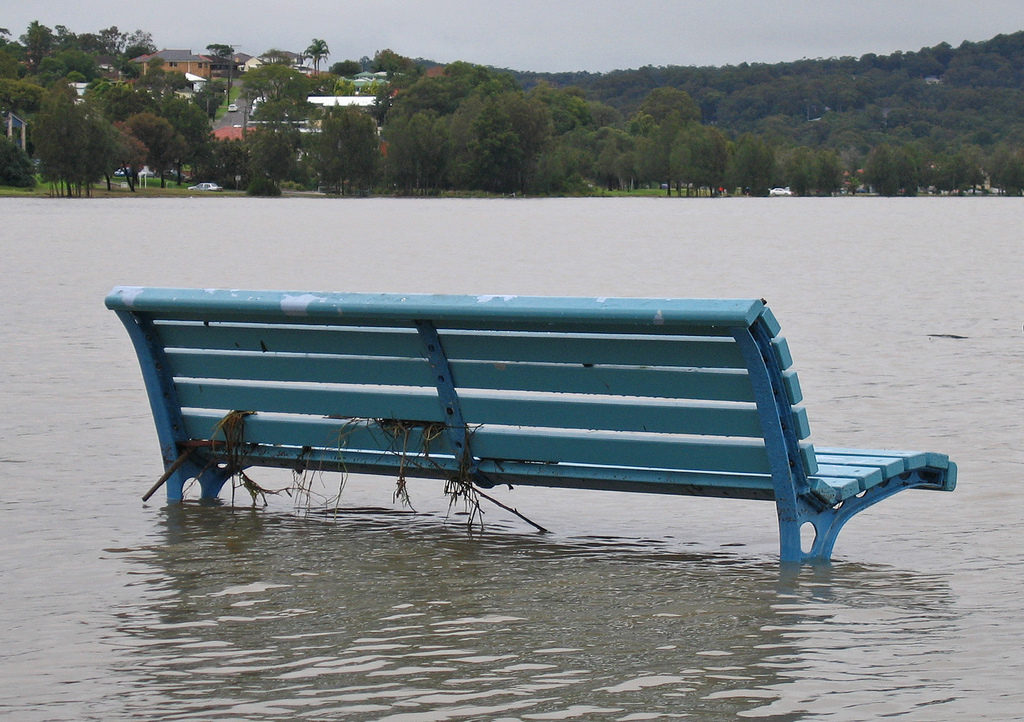
Try to devote a few of those bonus hours in 2016 to picturing life after fossil fuels.
Extreme wealth inequality and our global ecological crisis are bad for everyone, including the wealthiest one percent.

Even as governments set climate targets, they’re working hard to expand the extractive global economy with measures that could deepen the climate crisis.